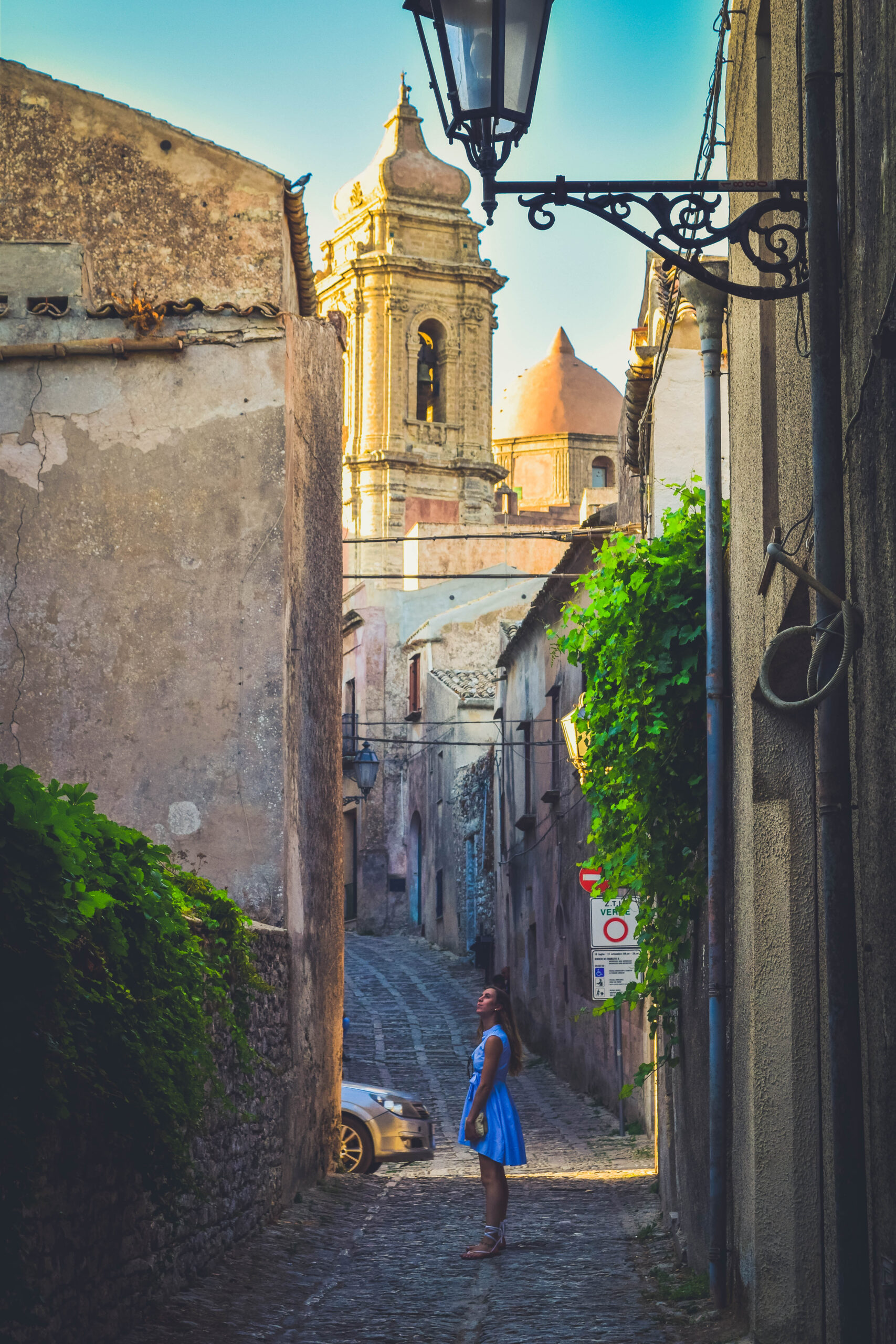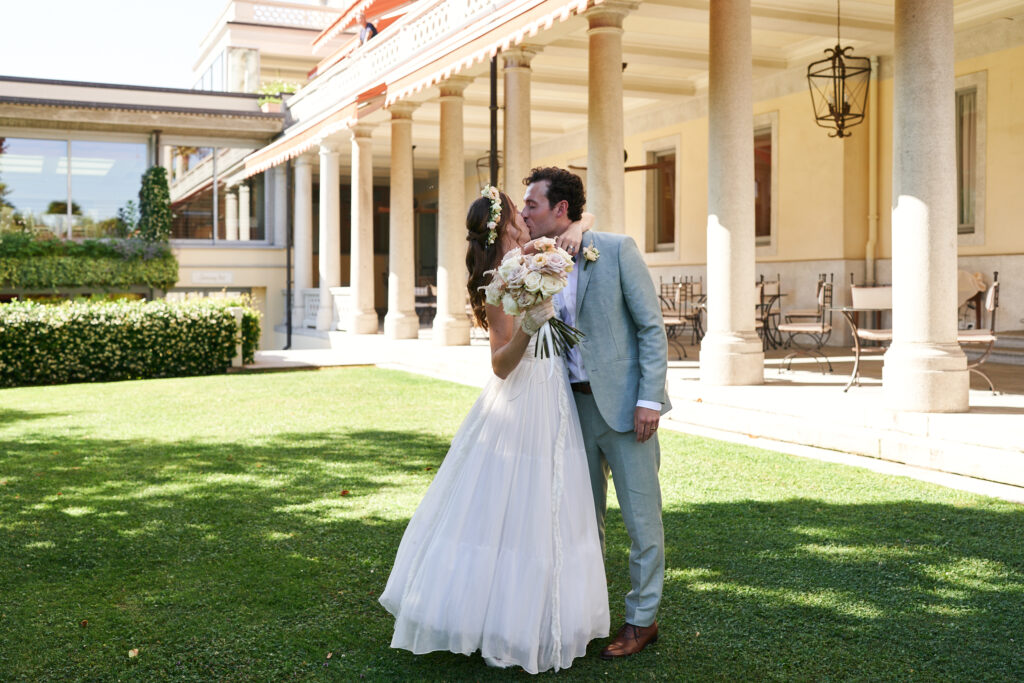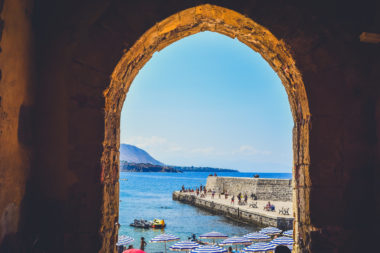This is part of a series How to Plan A Destination Wedding in Italy: A Step-by-Step Guide. Read the full guide here.
Ciao tutti! Being Italian-American, having my parents born in raised in Italy, spending my summers there, and having friends and family there – I’ve always known that I wanted to get married in Italy. The country has always had a special place in my heart, and the idea of exchanging vows in the land of amore was simply irresistible. But as Patrick and I started planning our wedding, we realized that as Americans getting married in Italy, there were so many different types of wedding ceremonies to choose from with many different requirements and processes, and we weren’t quite sure where to begin. Italy offers religious, civil, and symbolic ceremonies. If you’re dreaming of exchanging vows in Italy, here’s how to choose the right ceremony for you:
1. Religious Ceremony
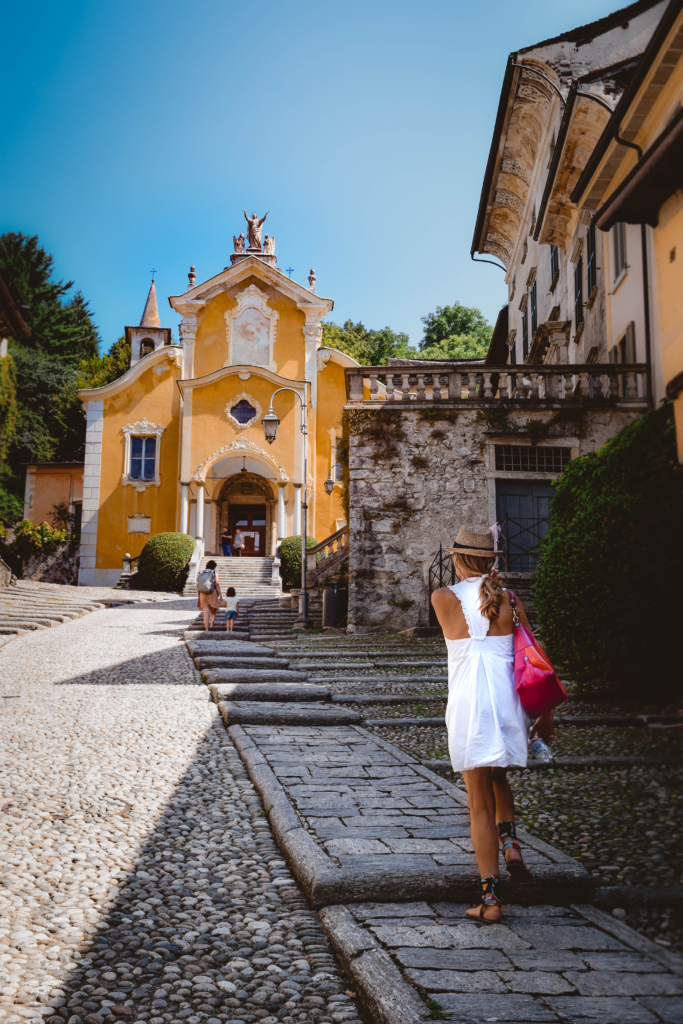
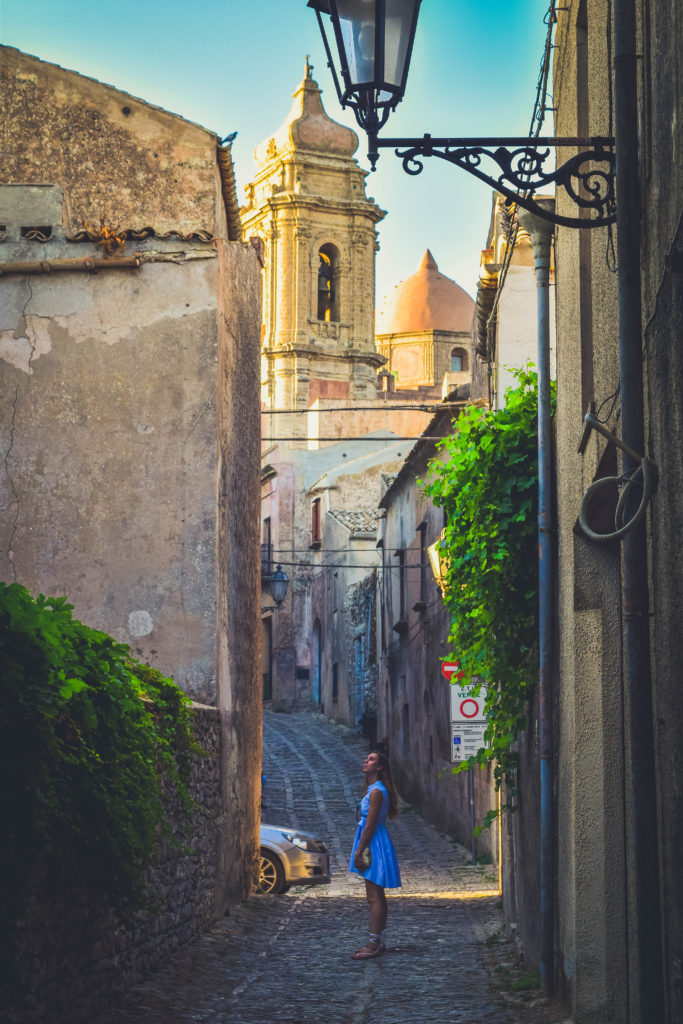

A religious ceremony is a beautiful and meaningful way to celebrate your marriage, especially if you are deeply connected to your faith. This was my first option since I am Catholic, went to Catholic school, and have many of my own personal values influenced by religion. However, in order to get married in a church in Italy there are very specific guidelines, paperwork and preparation courses you need to take and follow. Plus, if you’re not a member of the local church where you want to get married, then you need to obtain permission from the local bishop. Italy has some of the most stunning churches in the world, and the idea of getting married in one of them was simply enchanting. After looking into it, we realized how challenging it would be for us to arrange, so passed on this option. However, if you are interested in getting married in Italy as an American, here are some important steps that you will need to take in order to make your religious ceremony a reality:
- Identify the church where you would like to have your ceremony: It’s important to keep in mind that not all churches in Italy are available for weddings, and some may have specific requirements or restrictions that you will need to meet. You may want to consider hiring a wedding planner who specializes in destination weddings in Italy to help you navigate this process and ensure that everything is taken care of.
- Obtain permission from the local bishop to get married there: This can be a lengthy process, so it’s important to start early and be patient. You may need to provide documentation such as your baptismal certificate, proof of attendance at pre-marriage classes, and a letter from your parish priest stating that you are free to marry.
- Have your marriage documents translated into Italian and apostilled: This is a process that verifies the authenticity of the documents for use in another country. Your wedding planner or a local lawyer can help you with this process.
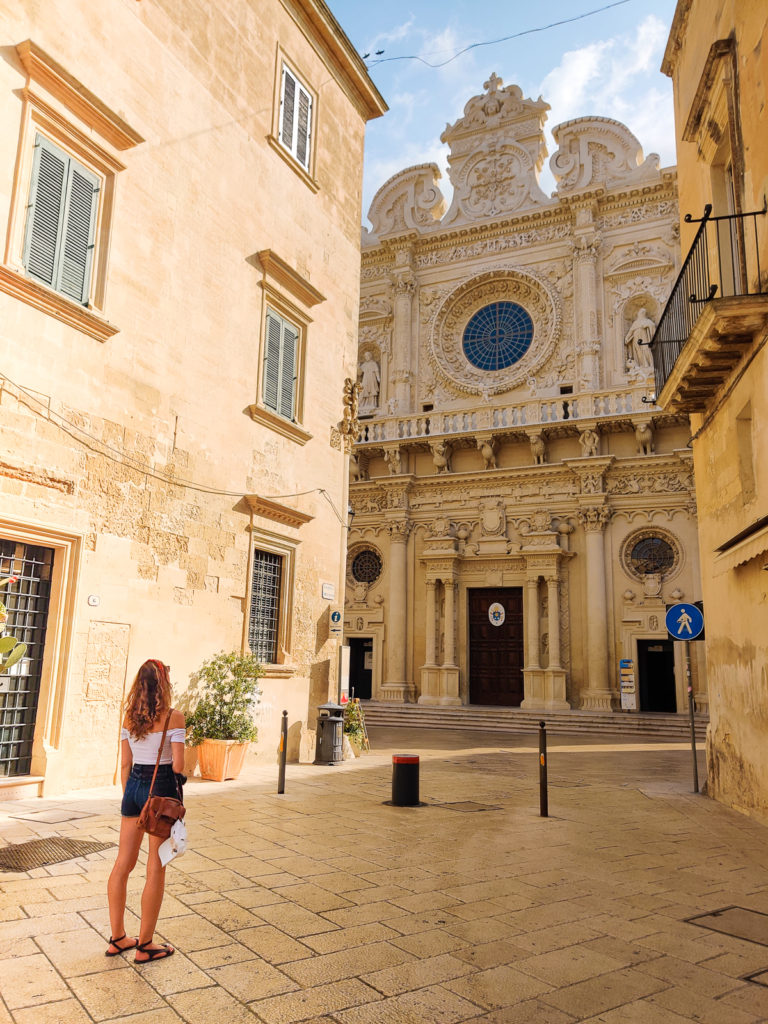
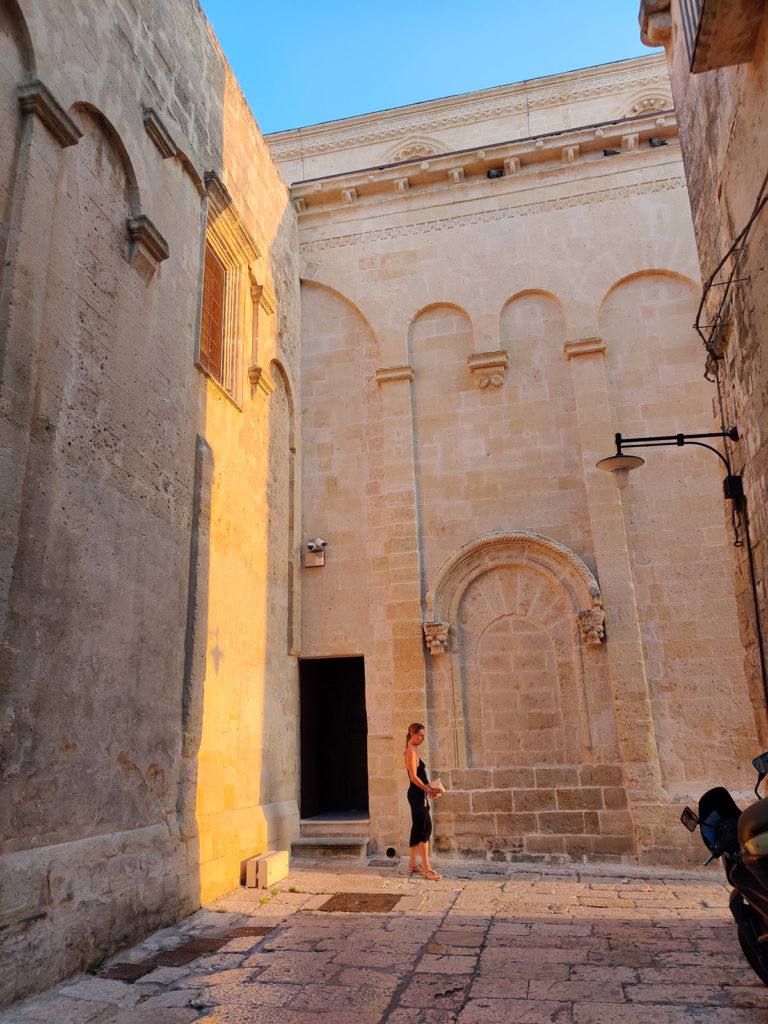
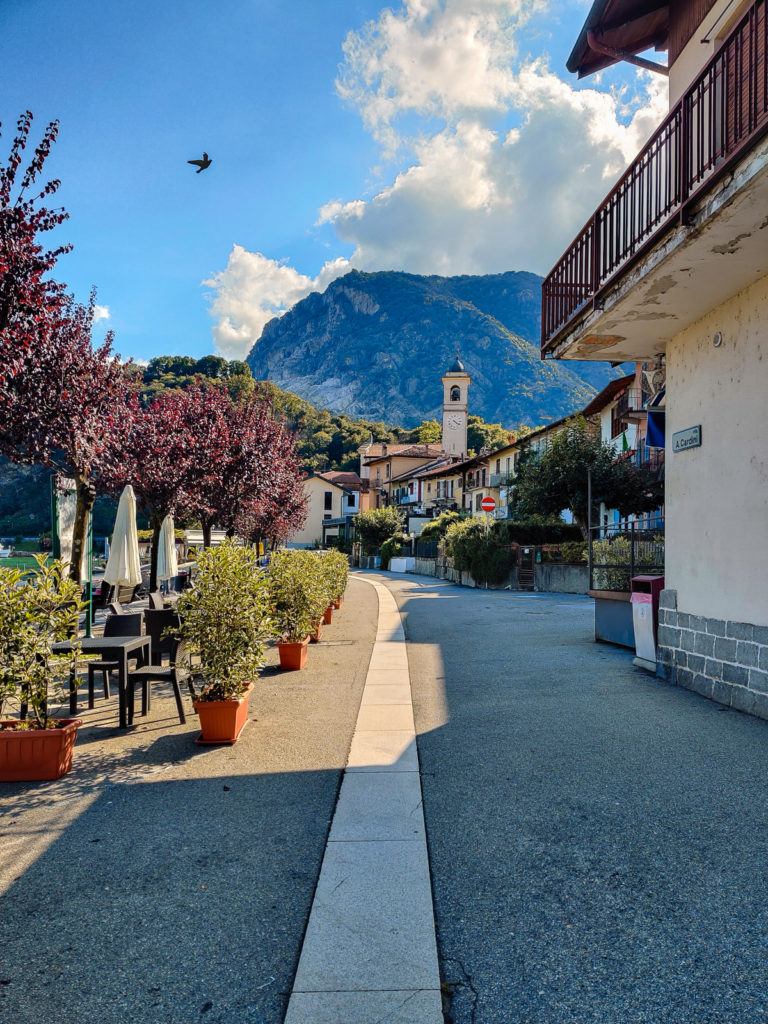
It’s also important to keep in mind that a religious ceremony in Italy may not be legally binding. In order for your marriage to be legally recognized, you may need to have a civil ceremony as well. More on this below. This can be done either before or after the religious ceremony, and your wedding planner or a local lawyer can help you with the necessary paperwork.
2. Civil Ceremony
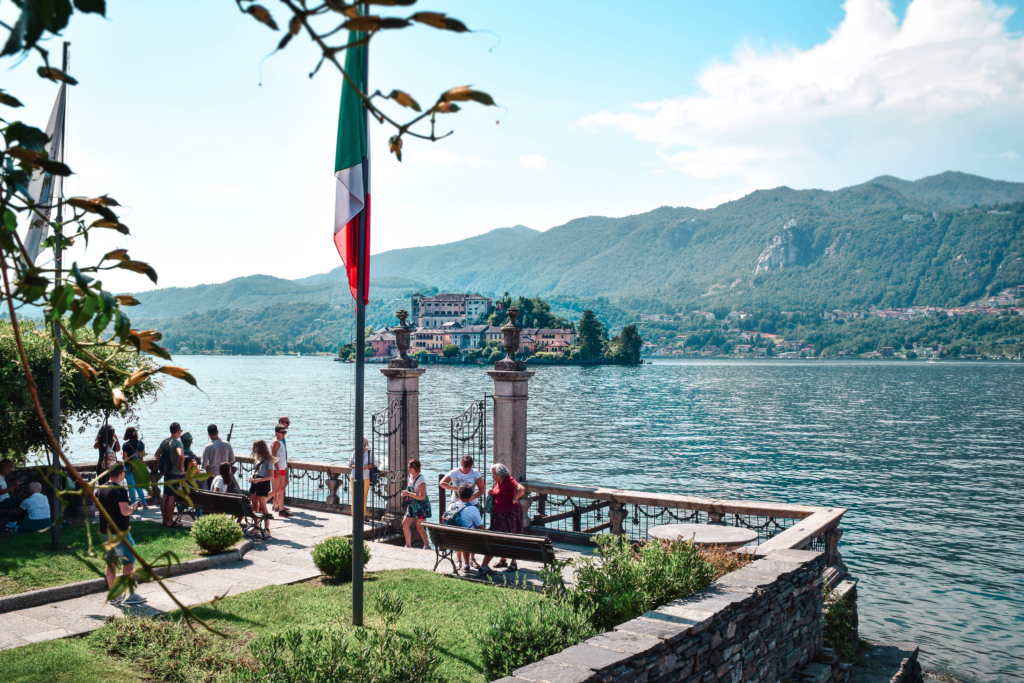
A civil ceremony isn’t any easier unfortunately. However, this is the most important of all 3 ceremonies because it’s actually legally binding, so it’s required in a marriage. It’s also recognized worldwide. It is a popular choice for couples who prefer a non-religious or secular ceremony. Civil ceremonies in Italy are performed in town halls or other government buildings, and they can be personalized to include readings, music, and personal vows. In order to have a civil ceremony in Italy you must:
- Gather all necessary documents: You will need to obtain several documents before you can get married in Italy. These includes your birth certificate, a certificate of no impediment, and a declaration of intention to marry. You may also need to provide additional documents depending on the specific requirements of the city or region where you plan to get married. These also need to be all translated into Italian and some need to be apostilled.
- Schedule an appointment with the U.S. embassy: You will need to schedule an appointment with the U.S. embassy in Italy to obtain the necessary documentation to get married. This typically includes a sworn statement that you are free to marry and that there are no legal impediments to your marriage. You may also need to obtain an apostille, which is a legal certification that verifies the authenticity of your documents.
- Obtain a marriage license: Once you have all of the necessary documents, you will need to obtain a marriage license from the local city hall or town hall where you plan to get married. This may require you to schedule an appointment or provide additional documentation.
- Choose a location and officiant: You can choose to have your civil ceremony at the town hall or at another location of your choosing, such as a villa or a garden like Grand Hotel Majestic. You will also need to choose an officiant, who can be a judge, a mayor, or a civil registrar.
- Plan your ceremony: Once you have chosen your location and officiant, you can work with them to plan your ceremony. This may include choosing music, readings, or other elements that are meaningful to you.
- Get married: On the day of your wedding, you will need to arrive at the designated location with your witnesses and any other guests. Your officiant will perform the ceremony and you will sign the marriage register.
The ‘Nulla Osta’
Ever heard about the secret pass to an Italian wedding? Meet the ‘Nulla Osta’ – it’s essentially a piece of paper that gives you the green light to say “I do” in Italy. The NIC, or “No Impediment Certificate” in English, is your golden ticket to matrimonial bliss. Now, when it comes to paperwork, it all depends on whether you’re doing a classic ceremony, a laid-back symbolic ceremony (like we did), or skipping the official vows with a civil union.
3. Symbolic Ceremony
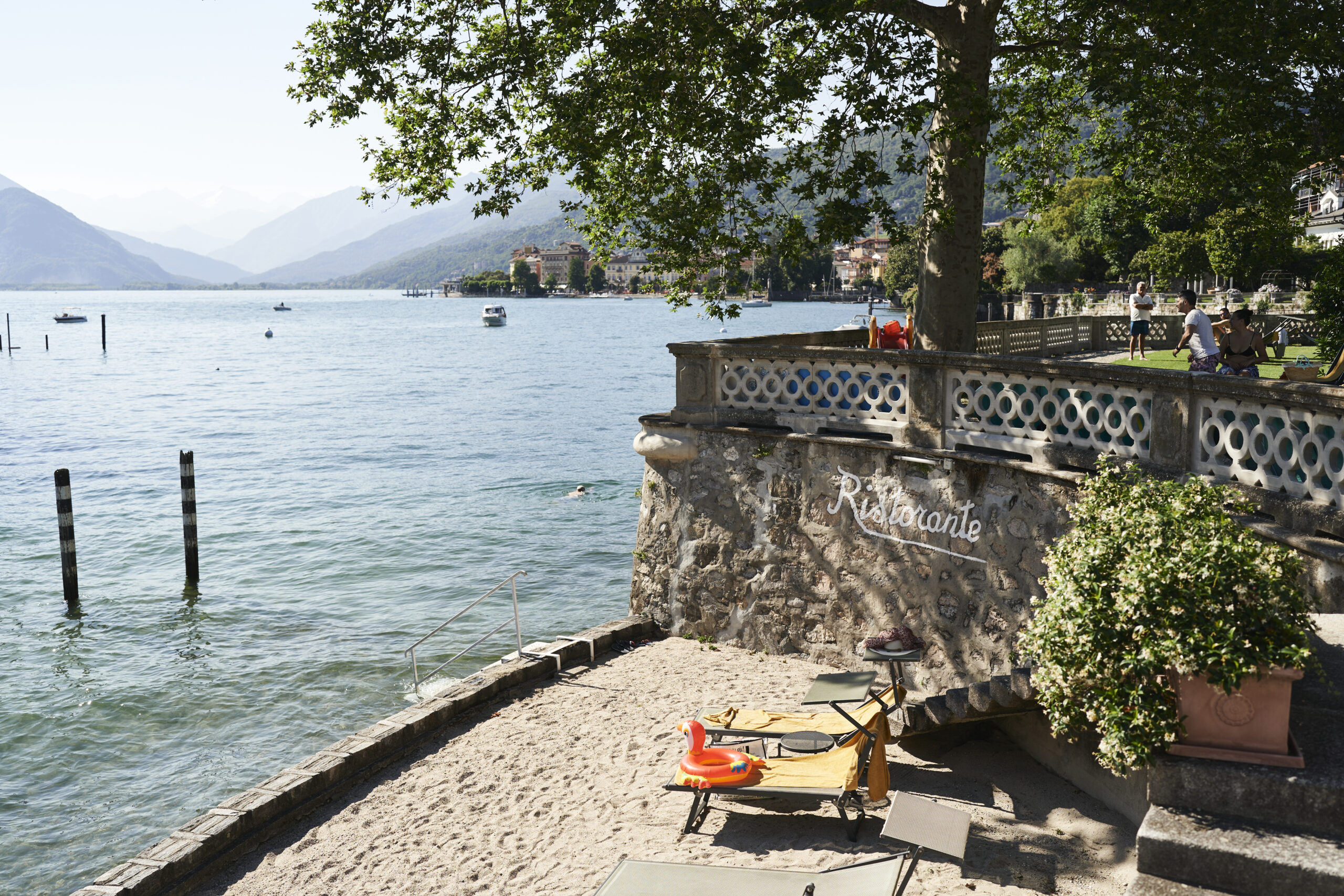
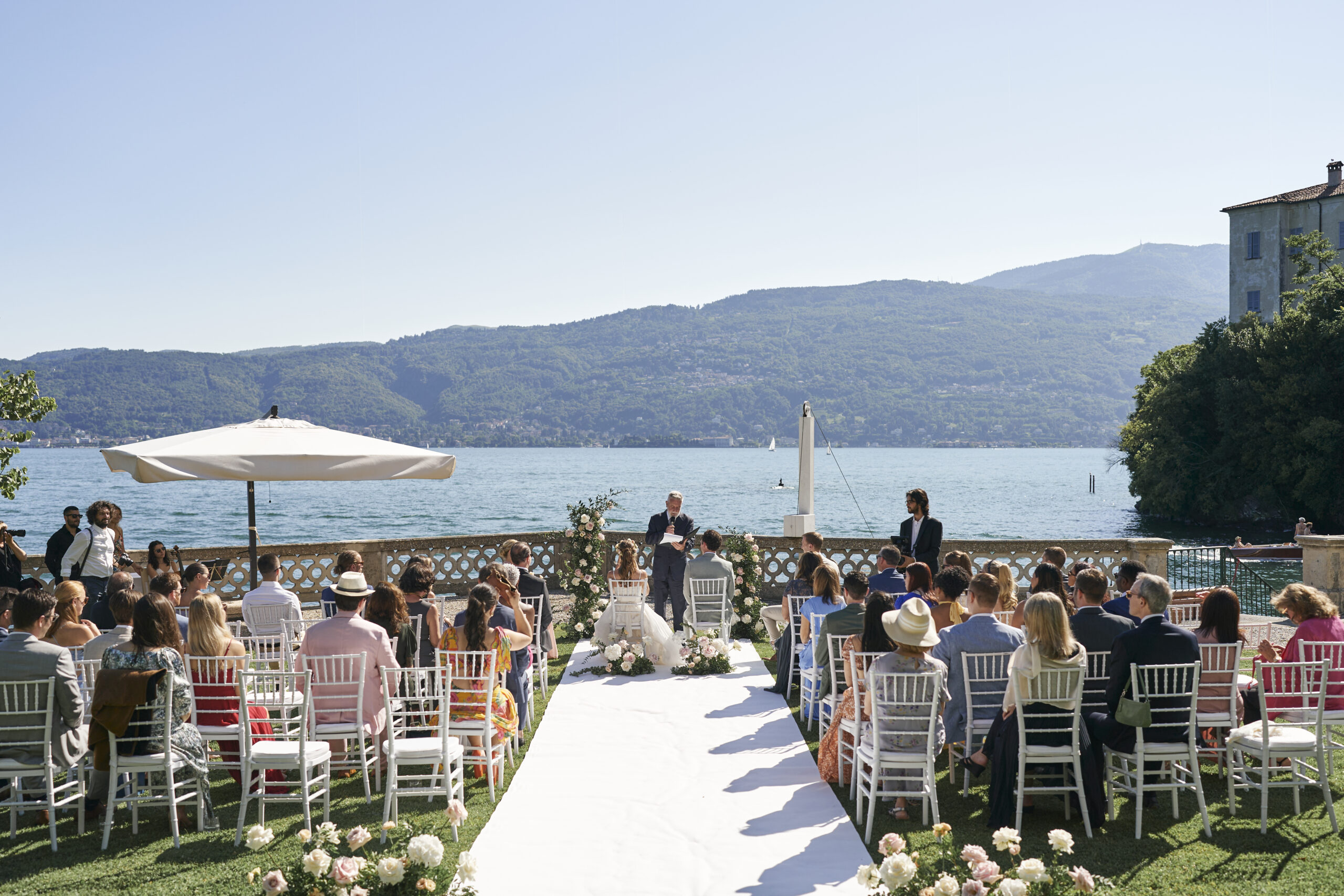
Finally, there was the option of having a symbolic ceremony, which was the one that really captured our hearts. A symbolic ceremony would allow us to create a personalized ceremony that reflected our love story and values, but it wouldn’t be legally binding. We figured, we’d do the legally binding civil ceremony in our hometown since it would be much easier and quicker, and have the symbolic more intimate and personal ceremony in Italy.
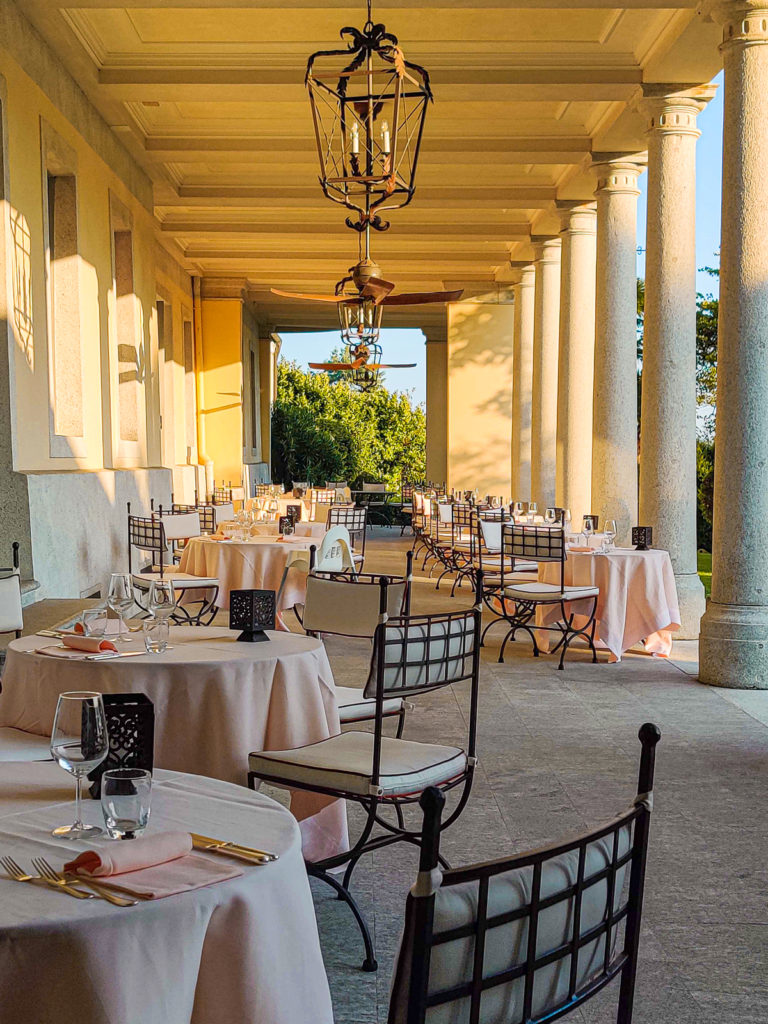

Symbolic ceremonies can be performed anywhere, such as a beach, garden, or historical landmark. That’s when we discovered Grand Hotel Majestic in Pallanza on Lago Maggiore. We instantly knew that it was the perfect place for us to have our symbolic ceremony. The hotel is situated on the shores of Lake Maggiore, and its stunning views and historic charm made it the ideal setting for our romantic celebration. The hotel’s professional staff were incredibly helpful and made the planning process a breeze, helping us to customize our ceremony to reflect our unique personalities and love story.
A symbolic ceremony at Grand Hotel Majestic Pallanza allowed us to create a personalized ceremony that was both meaningful and memorable. We were able to incorporate our favorite readings, music, and personal vows, which made the ceremony feel truly special and unique to us. They ceremony can be officiated by a friend or family member, or a professional celebrant – ours also happened to be a former priest, so it had a religious aspect to it, which checked off one of the elements I was hoping for. And of course, the stunning backdrop of Lake Maggiore and the hotel’s luxurious surroundings made the day even more magical.
If you’re a couple looking to tie the knot in Italy, but aren’t Italian, I hope that this guide has helped you to make the best decision for your wedding. With a little bit of planning and a lot of love, your Italian wedding can be a dream come true, just like ours was. Buona fortuna and congratulations!
>> Next: The Borromean Islands on Lago Maggiore: History, How to Get There, What to See
In collaboration with:
